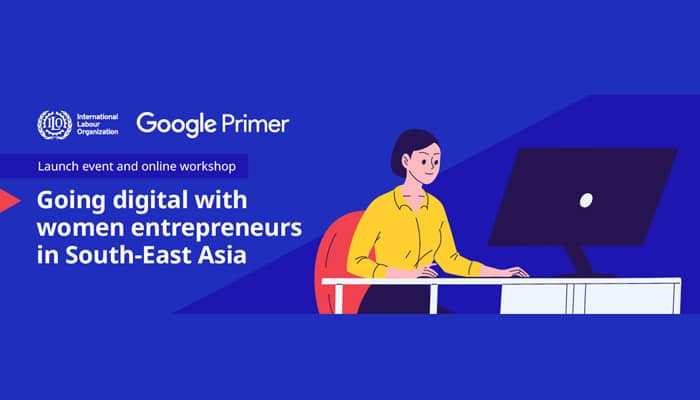New York, USA – The United Nations (UN) has issued an urgent appeal to government, tech companies, advertisers and the PR industry to step up and take responsibility for the spread and monetisation of content that results in harm.
This plea was made by United Nations Secretary-General António Guterres following the launch of the United Nations Global Principles for Information Integrity.
This launch, done a year after the launch of his report into information integrity on digital platforms, has put forward a framework for coordinated international action to make information spaces safer and more humane, one of the most urgent tasks of our time.
These includes how misinformation, disinformation, hate speech and other risks to the information ecosystem are fueling conflict, threatening democracy and human rights, and undermining public health and climate action.
Moreover, the UN notes that the proliferation is now being supercharged by the rapid rise of readily available artificial intelligence (AI) technologies, increasing the threat to groups often targeted in information spaces, including children.
“The United Nations Global Principles for Information Integrity aim to empower people to demand their rights. At a time when billions of people are exposed to false narratives, distortions and lies, these principles lay out a clear path forward, firmly rooted in human rights, including the rights to freedom of expression and opinion,” UN Secretary Guterres said.
UN notes that advertisers should demand transparency in digital advertising processes from the tech sector to help ensure that ad budgets do not inadvertently fund disinformation or hate or undermine human rights.
Moreover, tech companies should scope business models that do not rely on programmatic advertising and do not prioritise engagement above human rights, privacy, and safety, allowing users greater choice and control over their online experience and personal data.
Lastly, UN states that all stakeholders involved in the development of AI technologies should take urgent, immediate, inclusive and transparent measures to ensure that all AI applications are designed, deployed and used safely, securely, responsibly and ethically, and uphold human rights.


